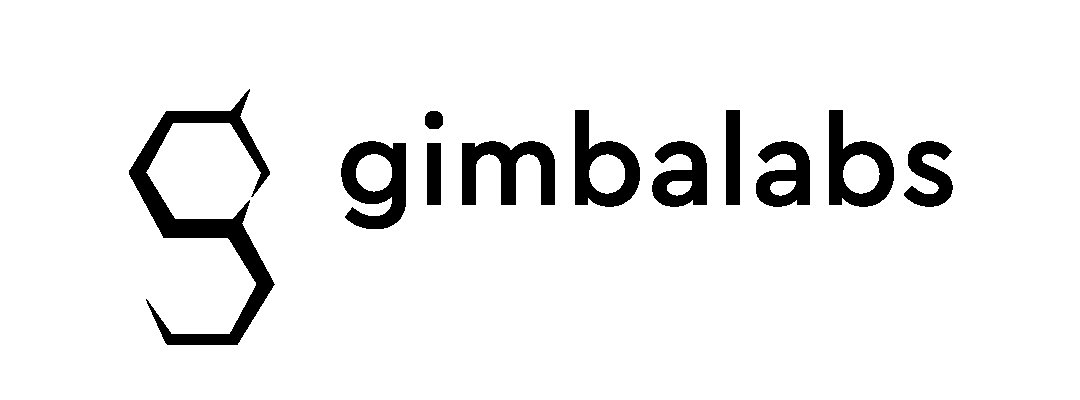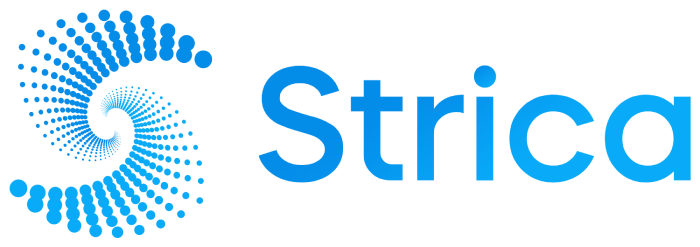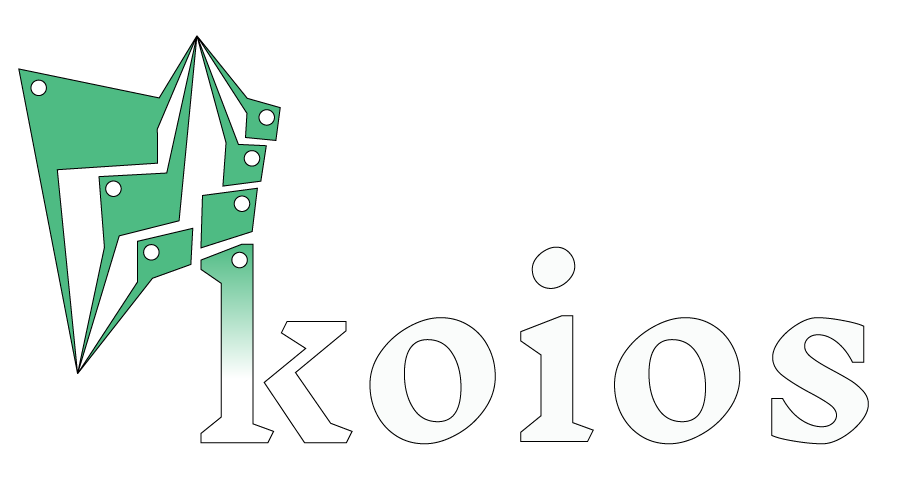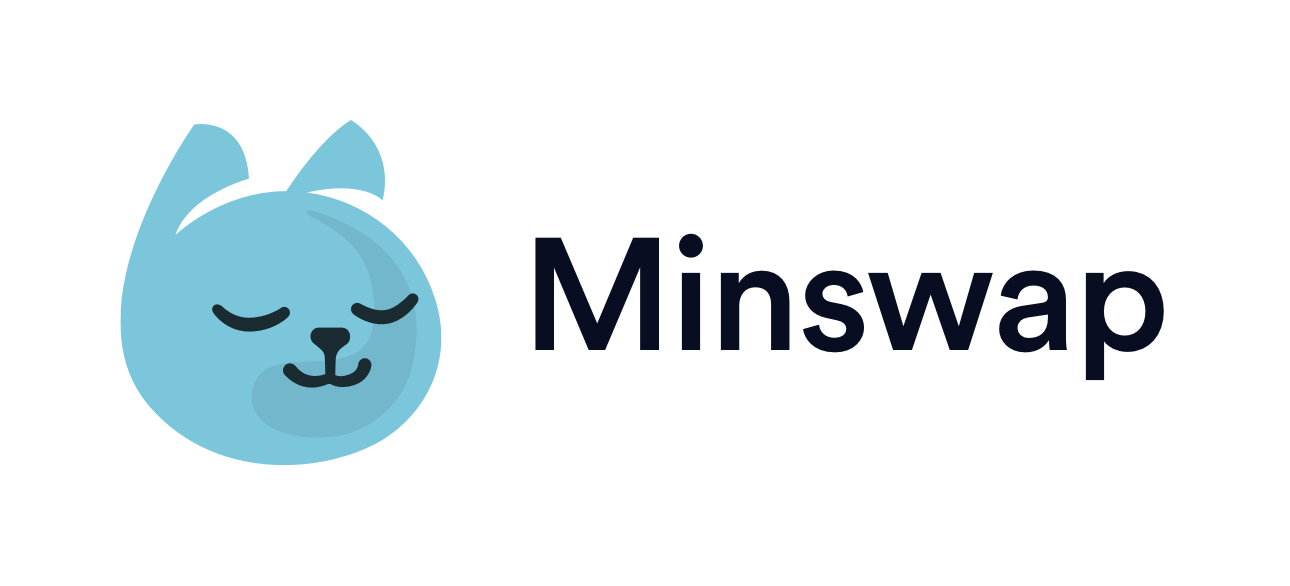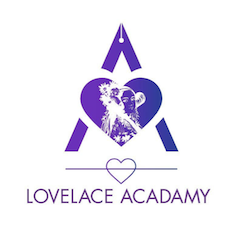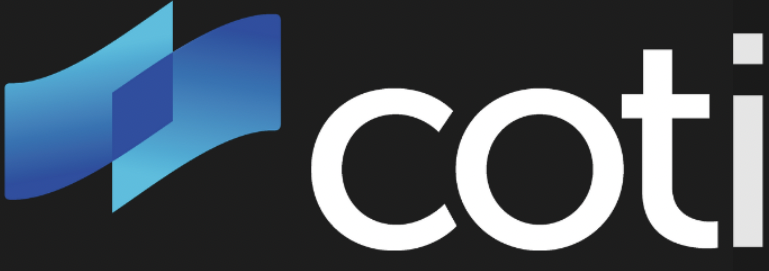For the January edition of the Spotlight Article, we interviewed James Dunseith, Co-Founder of Gimbalabs.
Can you introduce yourself
My name is James Dunseith. I met Juliane Montag and Roberto Carlos Morano during Fund 1 of Project Catalyst, and we founded Gimbalabs with a Fund 2 Catalyst proposal.
Before getting into this work, I taught high school in New York City, and I trained teachers at BetterLesson and MIND Research Institute.
Can you tell us more about Gimbalabs and the problems you are addressing?
Gimbalabs is building community spaces, technical infrastructure, educational programming, and open-source code, making it more likely that Cardano will actually change the world.
We know that the potential of Cardano is exciting, but the world won't change just because some new technology exists. We founded Gimbalabs because we want to increase the likelihood that the ideals of Cardano will happen.
To start, we focused on two things: technical infrastructure and developer education. Our technical infrastructure is called Dandelion. We provide education through "Project Based Learning" (PBL) courses. Along the way, we have created a community where people meet, and projects are launched.
Our goal is to build systems as robust as the Cardano protocol. A network requires infrastructure and people who know how to use it to be robust and resilient. We are building Dandelion so that anyone can deploy critical infrastructure for interacting with the Cardano protocol. We are building Project-Based Learning courses so that people get first-hand experience using Cardano and sharing decision-making power.
